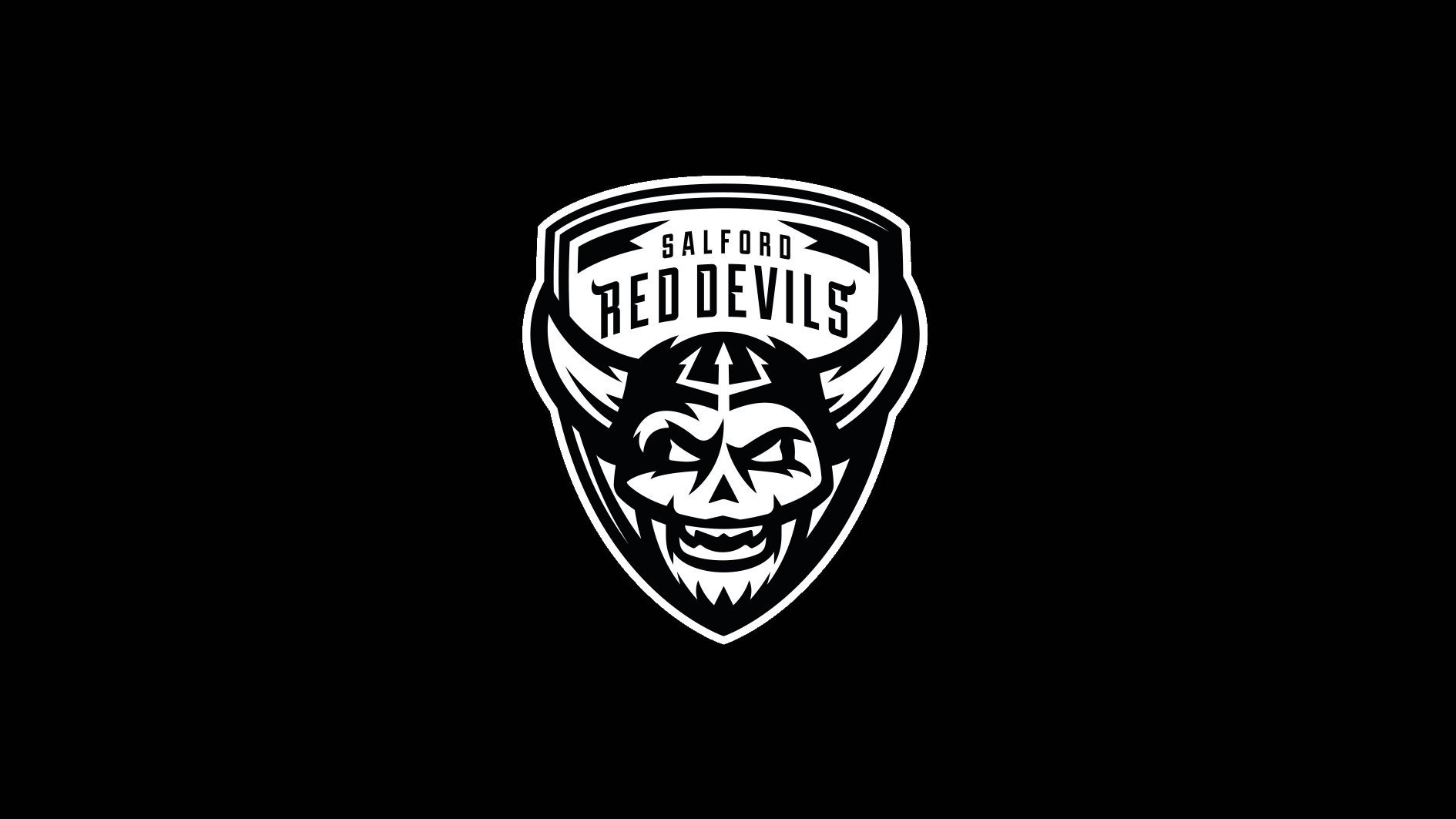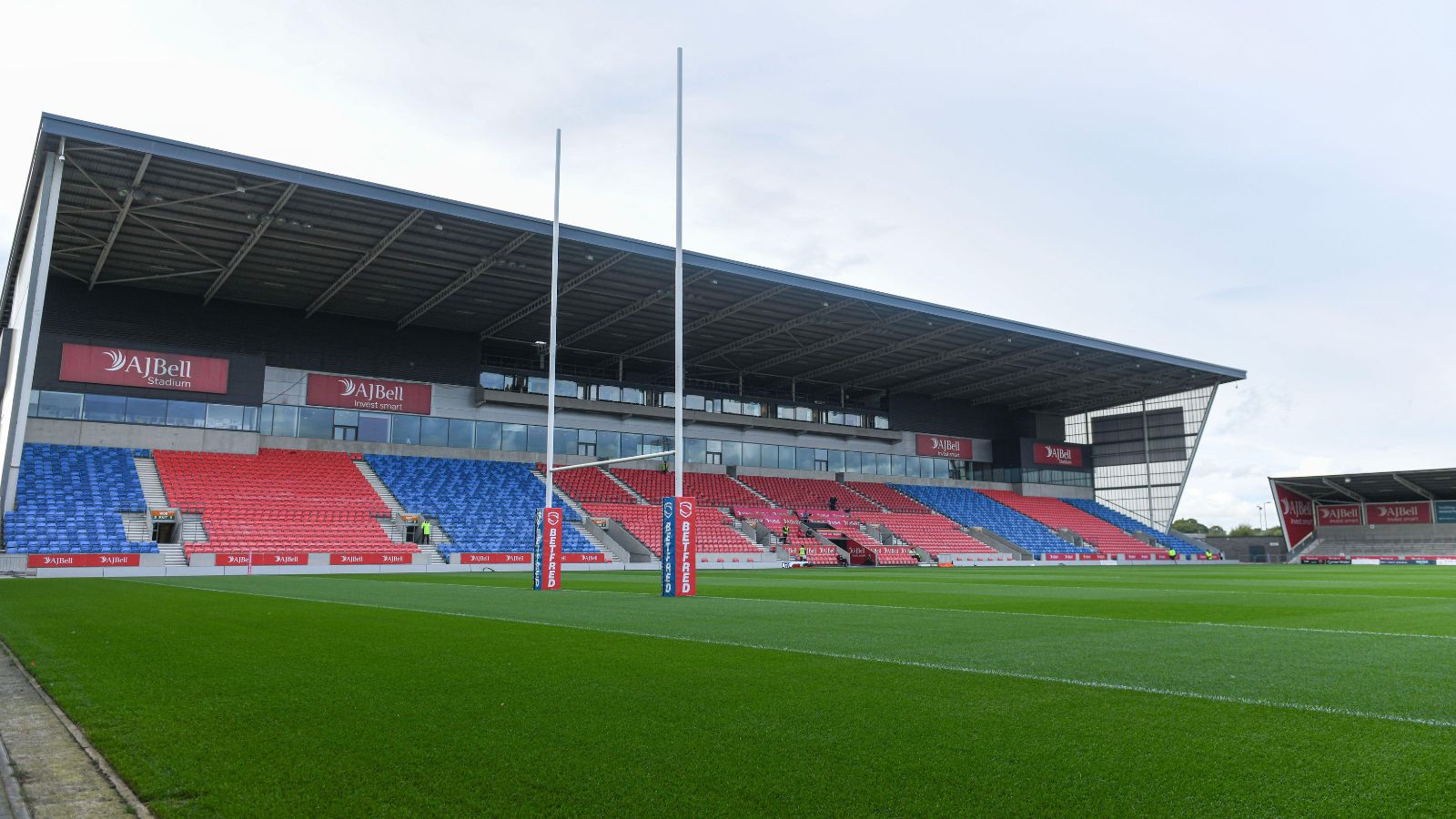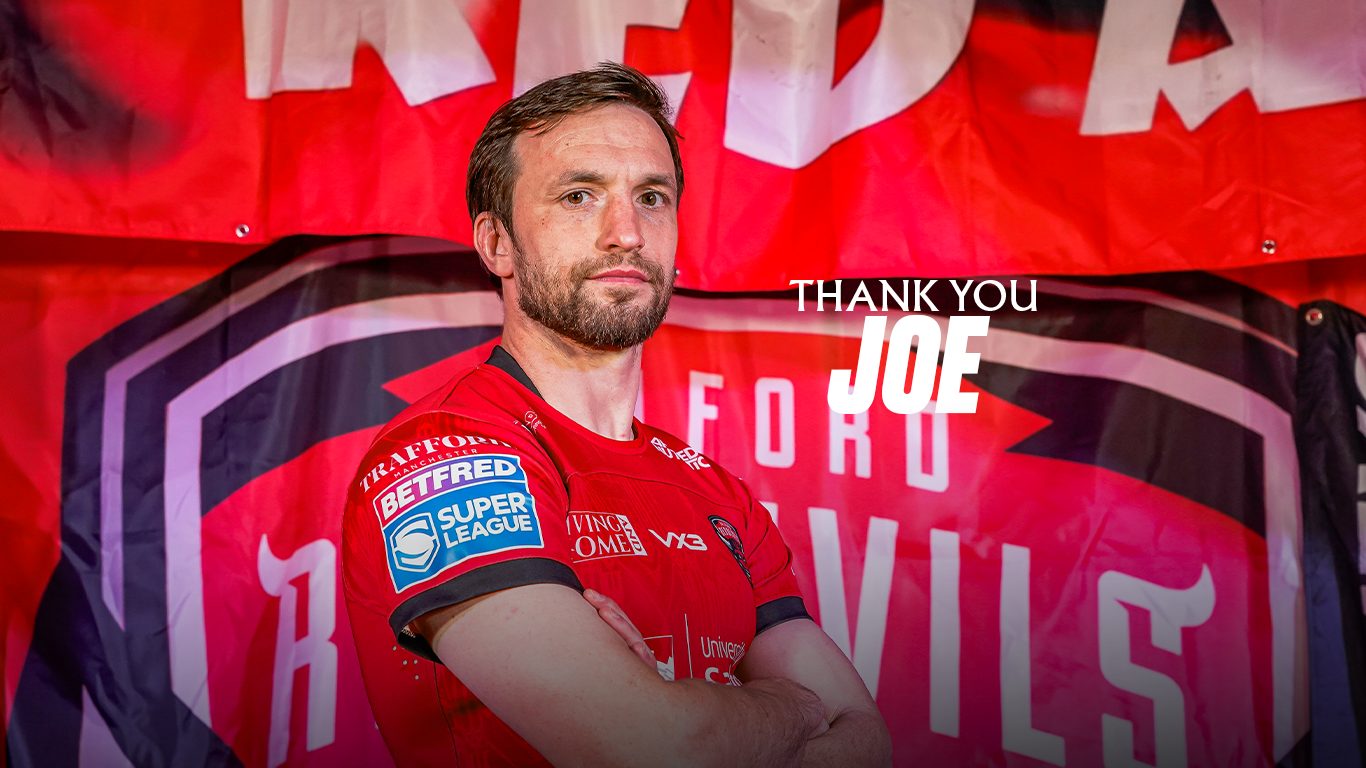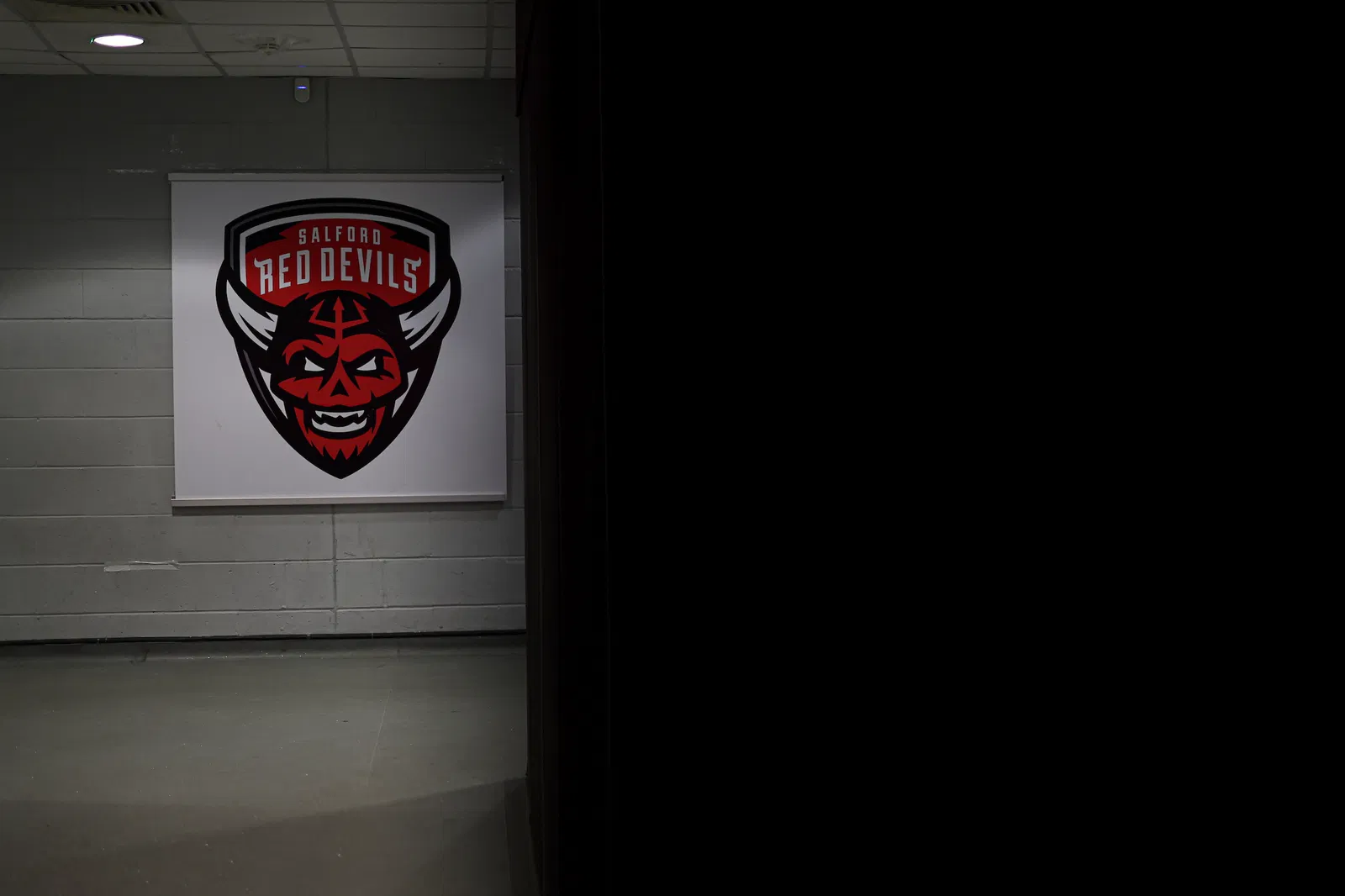In This His Final Episode, CEO, Ian Blease Concludes His Experiences As A Player Here At Salford
Back in the days of the late eighties and early nineties it now seems to have been that the players’ personalities came across to us spectators rather more strongly than nowadays, possibly because in those days they were allowed to play just what was in front of them, whereas the game is much more structured, now.
“The game has changed dramatically, since then; we no longer have ball playing loose forwards for example” Ian reflects. “The mistakes teams used to make then would not be accepted now, and if you did you wouldn’t get in the team from then on, these days. I’m still glad I played in that era, though.”
Whilst it was much more common for players to stay with a club for far longer in those days, Ian’s twelve year spell with Salford was remarkable even by those standards, but there was an occasion in 1993 when it almost came to a premature end.
An approach by Wigan to become part of that record breaking squad of that era, and team up alongside the likes of Ellery Hanley, Shaun Wane, Graham West and Joe Lydon, was an offer too tempting for words. Unfortunately, Wigan fleetingly appeared to have second thoughts, and so Ian re-signed for Salford, only for Wigan, surprisingly, to renew their interest, just too late for it to count.
“I thought about what might have been for twenty-four hours, and then promptly returned to my Salford mode, because I had been more than happy with the career I was forging out here,” is his final assessment of the events.
In 1996, towards the end of his time here, as was the case with most back row forwards, he made the move up to prop.
“Coach, Andy Gregory had a chat with me, and suggested that it would be a good time to learn the role, particularly playing alongside Andy Platt, who had recently been signed from Wigan, “ he recounts. “It certainly is tougher up front, but I found it a natural move to make at that time of my career, and adjusted easily to it.”
The uncompromising nature of this new role, however, eventually started to take its toll, and a most serious neck injury almost brought down the curtain on his playing career, when his consultant advised him to finish. A visit to a Harley Street specialist, however, brought better news, and six months of traction enabled him to make a return to playing, once again.
Many of us, as spectators, are probably unaware of the physical pain, and the mental trauma, that players go through purely from playing the game.
“It’s full-on contact even in training,” Ian points out, “and on some occasions you are required to play twice a week. I consider it to be the toughest game in the world because even boxers aren’t fighting on a weekly basis, and your body does suffer when you finish playing. I still try to keep myself fit though.”
The advent of Super League saw Salford operating in the lower division for its first season, but swift promotion to the top flight enabled Ian to sample its delights for a couple of seasons, thereafter, before moving to Swinton, where he teamed up once again with our current Head Coach, Ian Watson, under the guidance of former Warrington, and Salford, international forward Mike Gregory.
“Having been born and brought up in Swinton, it was good to go and play there, though of course by this time it was at Gigg Lane, Bury,” he considers. “ I enjoyed it a lot, and we were unlucky to miss out on promotion at the end of my first year there.”
In those days the local rivalry between Swinton and Salford fans was far more intense than it is now, but for most players it was rather less so, with the exception of Ian.
“As a Salford player, we had always had good games against Swinton, right throughout my career, and a lot of the local players were people I had grown up alongside, and played with at Folly Lane, so it was a matter of great pride that I was always on the winning side with Salford against them whenever we met,” he proudly proclaims.
The move to Swinton was not to be his swan song, though, as he followed it with a further move to up-and-coming Burnage RU Club, at the invitation of his former Salford team-mate, Martin Birkett, who had become their coach.
“Again I enjoyed the experience, but the social aspect was the most attractive part of it, as the rugby union rule book is extremely weighty, particularly for someone new to the game,” he wryly comments.
Professional players in general move clubs and weave new connections at their new one, while agt the same time severing affections with their former establishment. Not so Ian Blease, however, for after twelve years in the various Salford strips he has always retained his fondness for Salford and kept contact with the club and its players, even throughout those final spells, elsewhere.
“I always kept in touch with Salford, even when I was at other clubs, and followed their results throughout,” he befittingly concludes.






